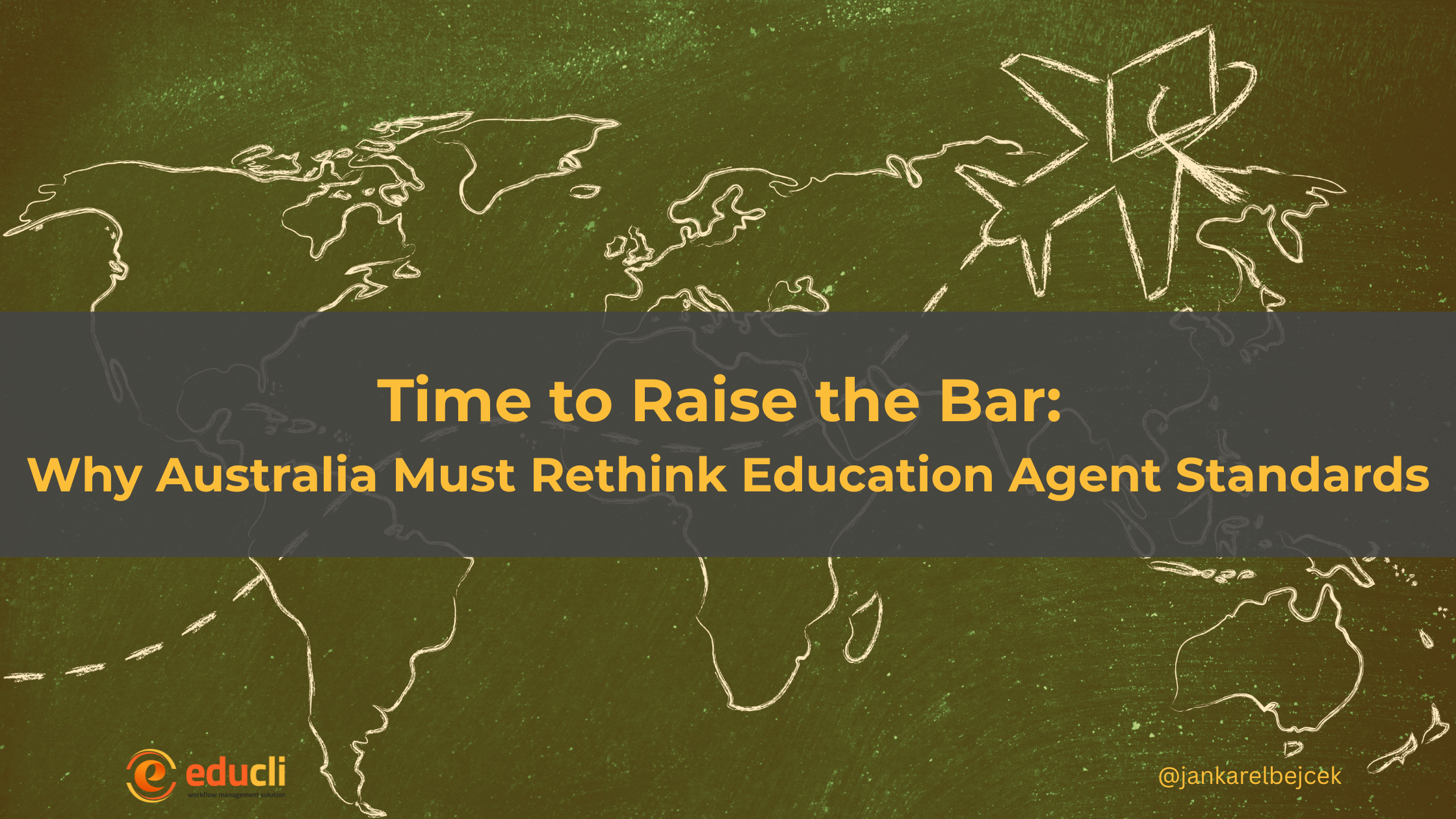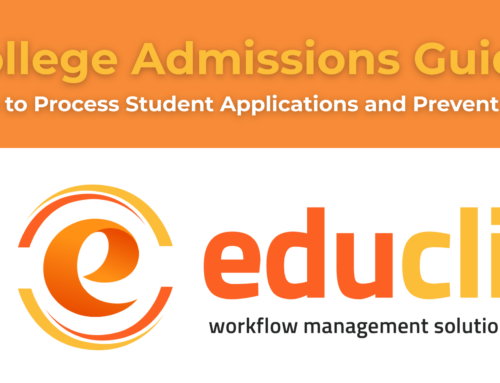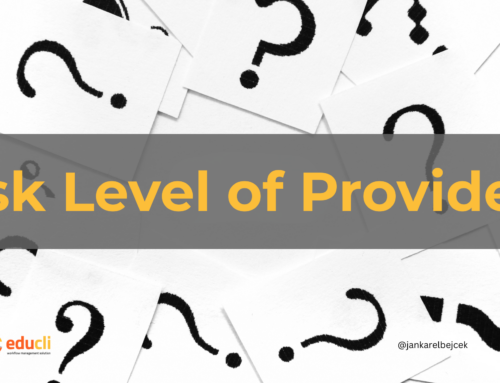Recently, I had a conversation with a friend who owns an international college in Australia. What started as a casual chat quickly turned into a serious discussion about the current challenges in our international education and immigration sectors. My friend was visibly frustrated—and for good reason.
An “education agent” had approached them with a proposal to enrol a student. Nothing unusual, right? Until they realised this so-called agent was a former staff member of an agency they regularly worked with. There was no official company involved. No registration. No oversight. The individual in question made the decision to become an agent overnight.
And who can blame my friend for being shocked?
In most regulated industries—be it finance, real estate, or travel—you can’t operate without a formal business structure, licenses, and professional oversight. Australian education providers go through rigorous registration processes and regular audits to remain compliant. Yet somehow, anyone can call themselves an “education agent” without a business number, qualifications, or any real accountability.
This double standard has gone on too long.
A Step in the Right Direction
The recent introduction of the Agency Integrity Performance Reports in PRISMS is a move in the right direction. For the first time, education providers can access performance data on agents, even if they haven’t previously worked with them. This added layer of transparency means that
- Agents can no longer hide behind slick marketing or personal connections.
- Providers are now morally and professionally obliged to partner with agents based on performance and integrity—not convenience.
- Students will become more aware of the potential consequences when working with agents who are publicly held accountable.
Let’s Talk About Non-Genuine Students
There’s another hard truth we need to face: non-genuine students damage everyone.
These are students who ask, “How many days do I really need to attend class?” rather than engaging with their education. They exploit the system, tarnish the reputation of international education, and place an enormous burden on institutions and immigration systems.
A firmer stance by the government could send a strong, clear message: the student visa program is not a backdoor to migration—it is a legitimate pathway to real education and skill-building. It’s Not Harsh. It’s fair. This is not about being punitive. It’s about fairness.
Holding students and agents to higher standards helps build a system that rewards genuine intent, protects Australia’s international reputation, and ensures that those who truly deserve a chance to study here get one.
What If We Raised the Standards?
Imagine a system where education agents had to:
- Be registered under a formal business entity
- Disclose transparent ownership structures
- Follow compliance protocols and reporting obligations
The outcome would be:
- Less fraud
- Better outcomes for students
- Stronger trust between colleges and agents
- A more respected global reputation for Australian education
Final Thoughts
If we want a sector that’s sustainable, respected, and future-ready, we need to start by cleaning up our own backyard. The time for change is now. Let’s raise the bar—for our students, our institutions, and the future of international education in Australia. If you are interested in training in this area, please sign up at https://forms.gle/1SubMeSTiTexjYmu7
#InternationalEducation #RiskRatings #StudentVisas #Compliance #ELICOS #VET #RTO #Educli #ImmigrationPolicy #EducationProviders #edtech #educli





Leave A Comment